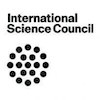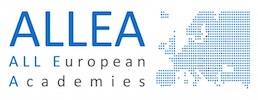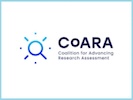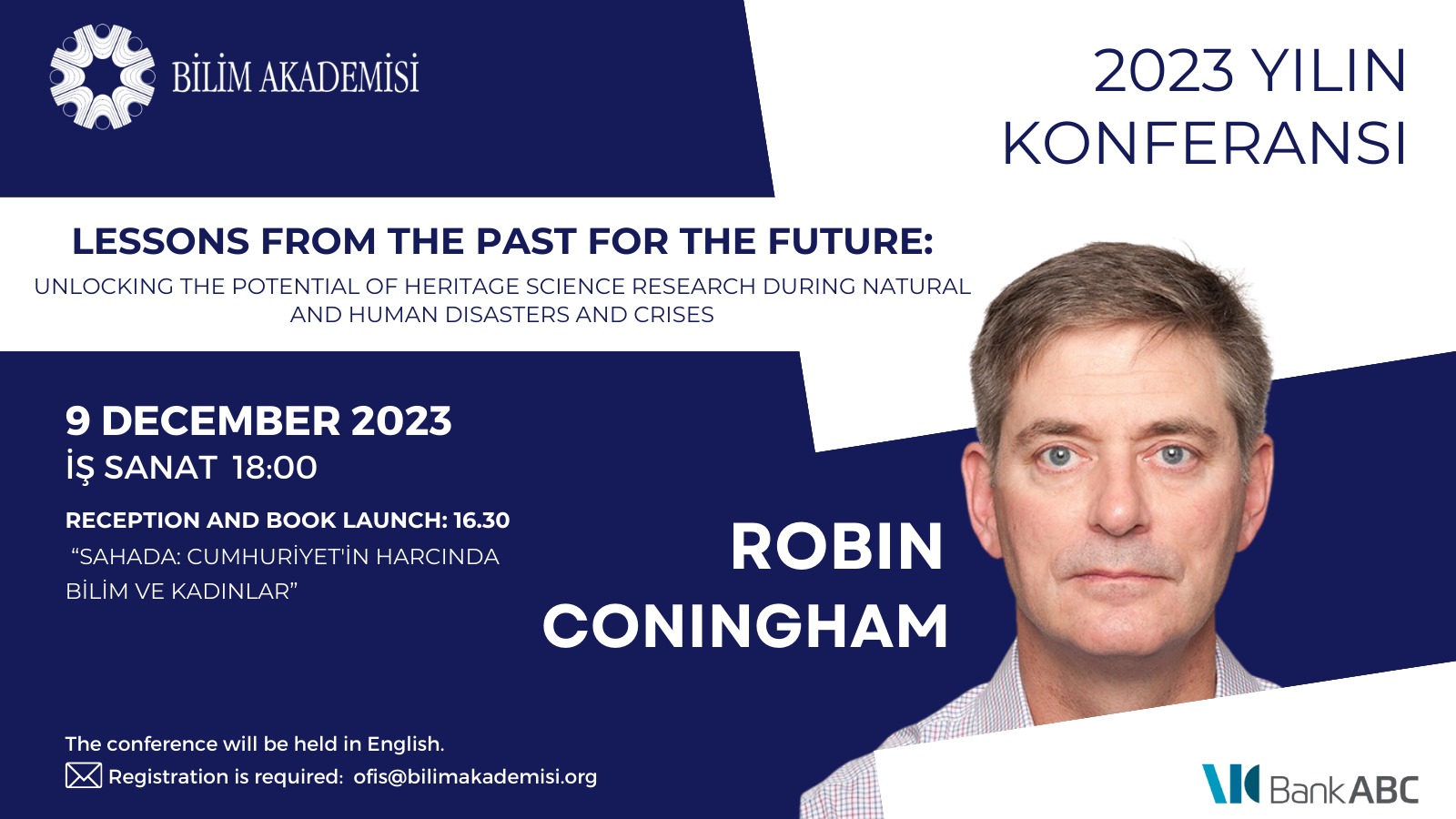Bilim Akademisi Yılın Konferansı‘nda bu yıl Robin Coningham‘ı ağırlıyor. Durham Üniversitesi UNESCO Kültürel Mirasta Arkeolojik Etik ve Uygulama Kürsüsü Başkanı olan Coningham, arkeolog ve kültürel mirasın afetler altında korunması üzerine araştırmalar yapıyor.
‘Bilimin Işığında Cumhuriyet’in Yeni Yüzyılı’ temasıyla yıl boyunca gerçekleştirdiğimiz etkinlikler ile deprem kapsamında yaptığımız çalışmaları bu etkinlikte birleştirerek, ülkemizin sürekli afet riski altında olması gerçeğiyle kültürel mirasımızın korunması konusunun önemine değinmek istedik.
09 Aralık 2023, Cumartesi saat 18:00’de İş Sanat’ta gerçekleşecek konferans; “Lessons From the Past For The Future: Unlocking the Potential of Heritage Science Research During Natural and Human Disasters and Crises” başlığını taşıyor.
Konferans öncesinde 16:30’da bir resepsiyon ve “Sahada: Cumhuriyetin Harcında Bilim ve Kadınlar” kitabının tanıtımı yapılacak.
Robin Coningham kısa biyografisini buradan okuyabilir konuşma özetini ise aşağıda bulabilirsiniz.
Katılım için kayıt gerekiyor. Kayıt için [email protected]
Yer: İş Sanat Kültür Merkezi, Levent, Büyükdere Cd. Is Kuleleri 1, 34330 Beşiktaş/İstanbul
—————————————————————
“LESSONS FROM THE PAST FOR THE FUTURE: Unlocking the Potential of Heritage Science Research During Natural and Human Disasters and Crises”
Abstract:
“Archaeology and heritage science, although infrequently mobilised, are uniquely placed to assist in providing a fuller understanding of the impact of disasters and climate change on urban infrastructure in the past; they can also facilitate reflection on lessons of adaptation and resilience for modern cities and their inhabitants, and inform future disaster preparedness”
Professor Robin Coningham
UNESCO Chair on Archaeological Ethics and Practice in Cultural Heritage
Durham University (UK)
Disasters, human or natural, often overwhelm pre-planned emergency responses, a situation that in turn compromises heritage research and protection agendas and protocols. In the rush to rapidly reconstruct, international mitigation practices and interventions can often further damage heritage, alienate local communities, indigenous practitioners and researchers, as well as neglect interdisciplinary evaluations to understand what went wrong and lessons to be learnt.
This lecture will discuss these challenges and explore how Durham’s UNESCO Chair has worked internationally with partners to co-design interdisciplinary methods and practice for the protection of heritage in response to, and in anticipation of, disasters and crises. Working with UNESCO, government departments and NGO partners in Nepal, we have undertaken assessments of monuments damaged in earthquakes and in their aftermath, and co-developed novel methodologies for first responders to record, salvage and protect heritage within post-disaster contexts. These approaches have been successfully translated to northern Sri Lanka alongside colleagues from the Central Cultural Fund and the University of Jaffna, and implemented for the conflict damaged heritage of Jaffna Fort. More recently, this approach has been shared with partners in the Iraqi city of Mosul and have clear relevance for post-disaster responses and disaster preparedness in Turkey.
This lecture will demonstrate that archaeology and heritage management are not passive tools for recording and protecting the past but that archaeology and heritage science, although infrequently mobilised, are uniquely placed to facilitate reflections on lessons of past adaptations and resilience for modern cities and their inhabitants in the face of future threats. They are relevant for the formulation of policy and the rehabilitation of historic urban infrastructure and monuments within disaster responses and can inform future disaster preparedness. Archaeological perspectives also offer the unique ability to review the process of environmental change and resilience from much deeper timescales, as well as the responses and adaptations of communities to those challenges. Indeed, mapping indigenous technological adaptations is not just relevant to short-term shocks, such as earthquakes, but also long-term and accelerating climatic threats.
This potential was recognised by the IPCC-UNESCO-ICOMOS International Co-Sponsored Meeting on Culture, Heritage and Climate Change, who acknowledge that archaeology and heritage science can aid policy and planning for future disaster responses by identifying successful past adaptations that can be integrated with interdisciplinary scientific methods alongside local communities to contribute positively towards the UN’s Sustainable Development Goals.
Please click here for the biography of Professor Robin Coningham.




